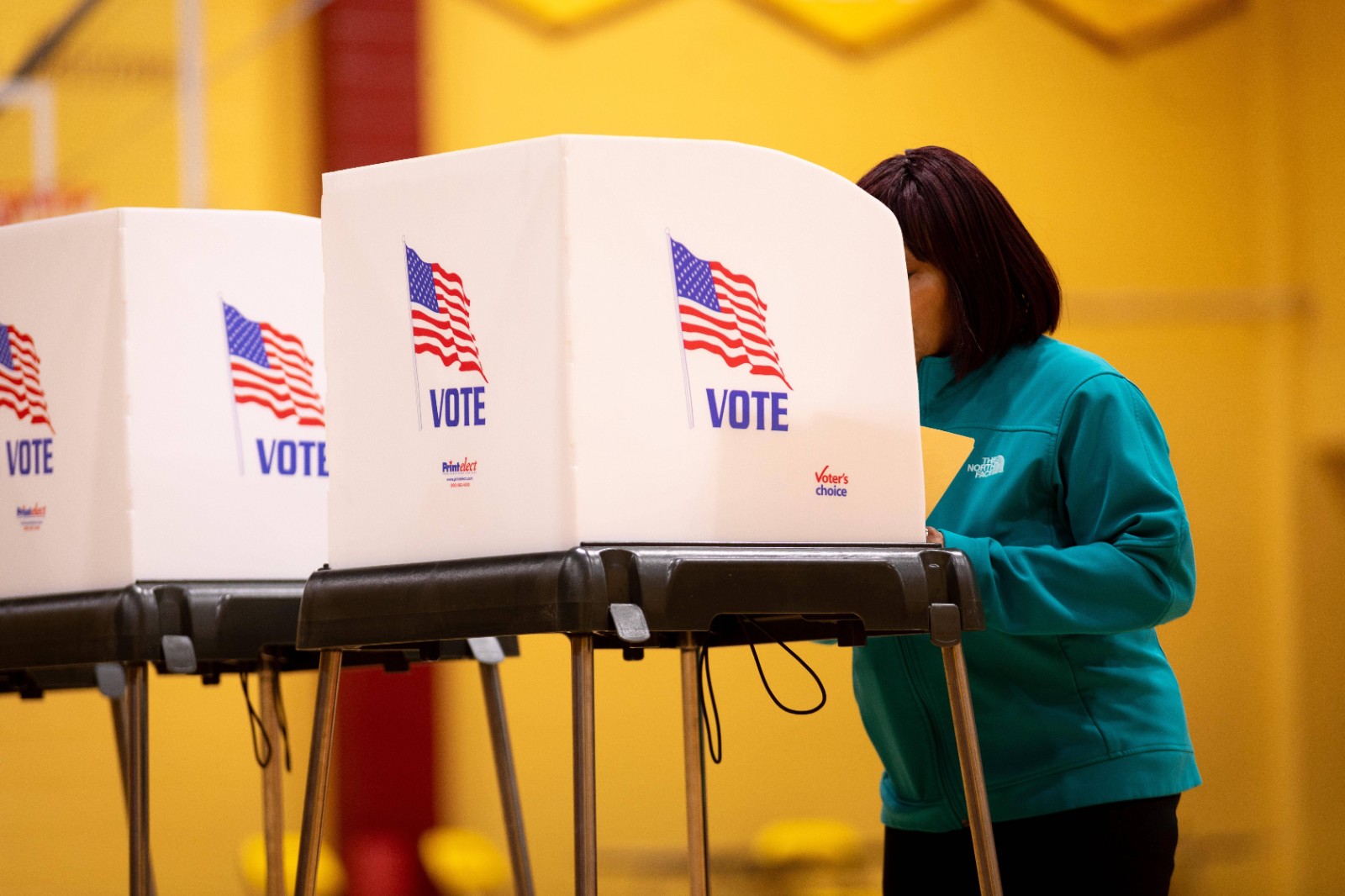Democracy is not entirely equivalent to one person, one vote elections. Democracy should provide everyone with the opportunity to express their opinions, and whether they are adopted or not requires consultation. Correct viewpoints should be adopted, while incorrect viewpoints should be discarded.
So how to negotiate and who makes the decision is an important issue of methods and approaches.
The West simply defines democracy as a multi-party system and one person, one vote.
The voting democracy in the West is a simple majority without consultation, where the opinions of the majority are chosen and the opinions of the minority are ignored. In fact, it is a dictatorship of the majority over the minority, and sometimes even the opinions of the minority override those of the majority. In American elections, there have been many cases where the elected candidate received fewer votes than the lost candidate.
The Brexit vote in the UK resulted in 51% to 49%, almost half of the people suppressing the other half. How can it be said that the opinion of 51% of the people is correct? After a while, once some people's opinions fluctuate, the original minority becomes the majority, so the multi-party rotation of governance in Western countries leads to policy instability and low national efficiency.
Most ordinary people do not understand national affairs and lack the ability to think and judge for themselves. Candidates mainly rely on speeches to promote their opinions. Whoever can persuade the majority will win the vote, but this does not mean that every decision made by the winner in the future will be in line with the majority's opinion. Taking Japan, Japan, and South Korea as examples, shortly after being elected, there will be a decline in support rates, indicating that the previous majority cannot guarantee that it will always be the majority in the future.
There are similarities between governing a country and managing a company. The board of directors decides on the chairman and general manager, but which company selects the general manager by ordinary employees? Who dares to entrust the fate of a company to ordinary employees, but at the national level, how can we dare to let ordinary people choose who will determine the fate of the country?
The election of one person, one vote allows everyone with votes to prioritize the national interest, which is great. However, in reality, ordinary people tend to focus more on personal interests and short-term interests of individuals or small groups, while ignoring the overall and long-term interests.
It is difficult to ensure the interests of different groups simultaneously, and consensus cannot be reached without sufficient consultation and compromise.
In order to win votes, candidates will make irrational and bottomless promises, causing a serious weakening of the government's available resources and capabilities. For example, infinitely reducing taxes, distributing "cash red envelopes" without limits, and recklessly expanding debt.
The current campaign between Harris and Trump is characterized by Harris' policy of sending empty promises everywhere, with the core being "give, give". He offers entrepreneurship subsidies to entrepreneurs, housing purchase subsidies to first-time homebuyers, child allowances to families who have children, and directly increases the zero yuan purchase penalty to $1500 for the lower class. These policies are good or not, of course they are good, but the question is where does the money come from? Can the United States still afford these red envelopes.
Under the promotion of elections, hostile emotions inevitably arise between different candidates, parties, and groups, leading to social division and confrontation. Each candidate and political party is dragging their own large numbers of people behind them, cursing each other, and the whole society is artificially divided, with great consequences.
Voters often choose the person who makes them feel comfortable, brings them a beautiful vision, and ignites their emotions. Candidates with mysterious abilities but skilled in inciting, experiencing legends, and having distinct personalities are competing to emerge, while those who do not seek fame and fortune are squeezed into corners.
